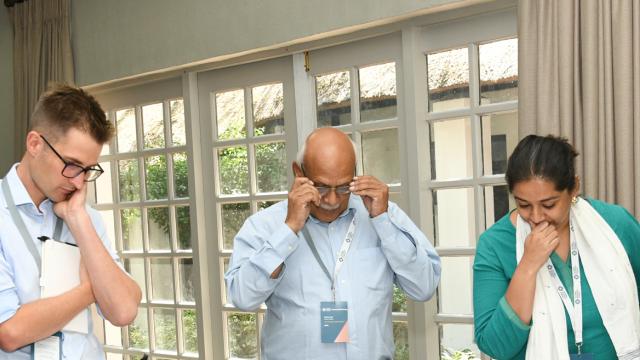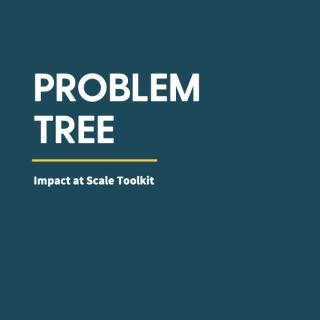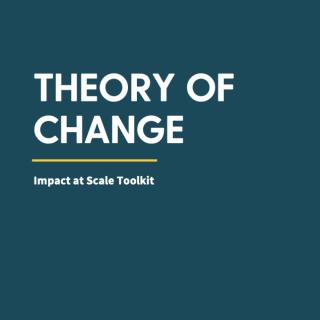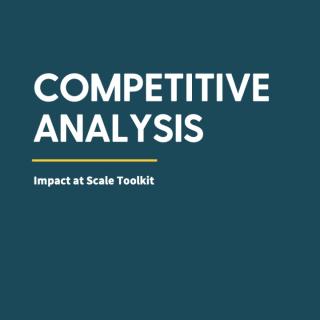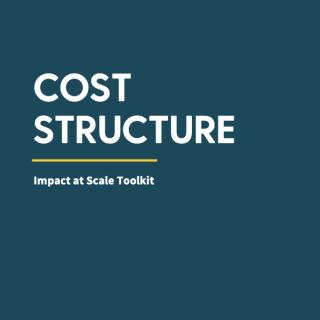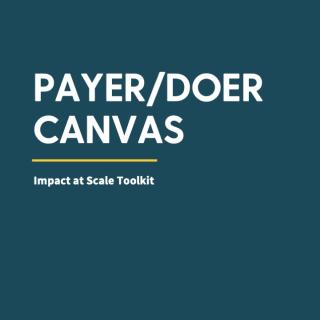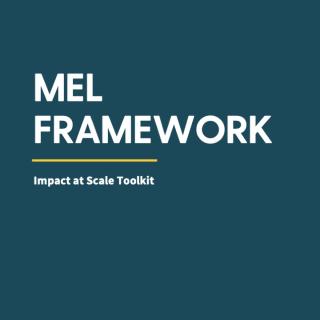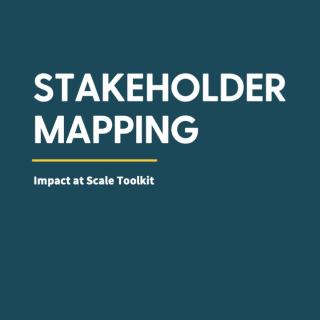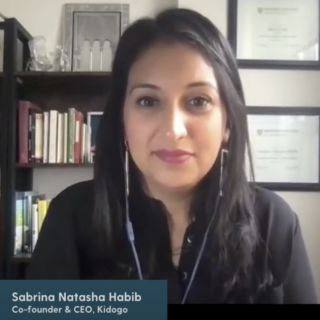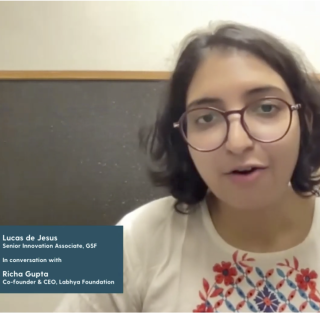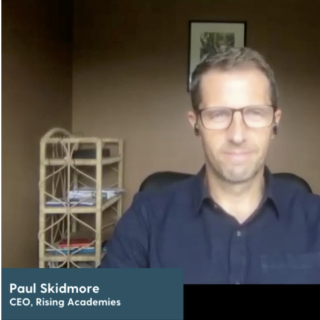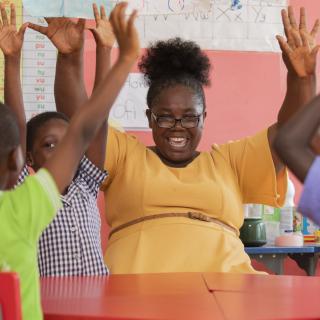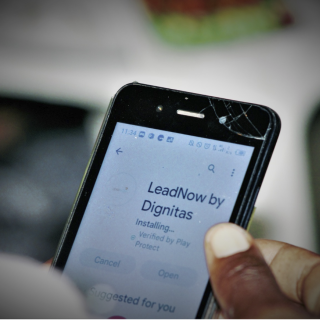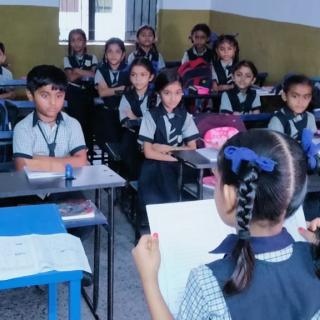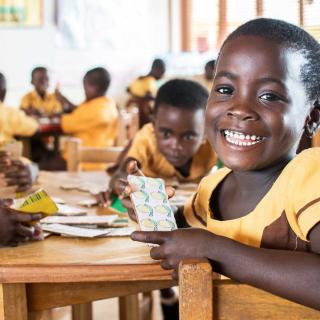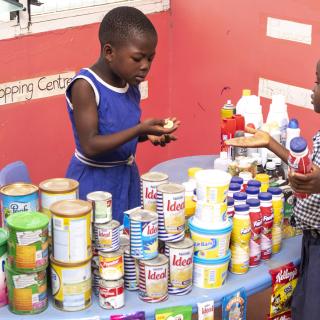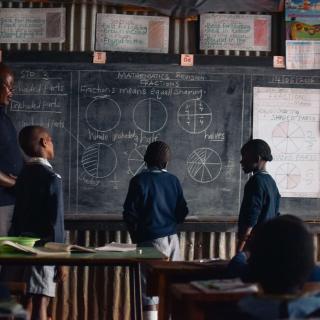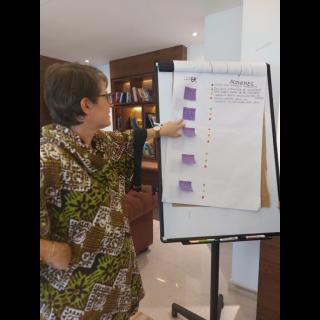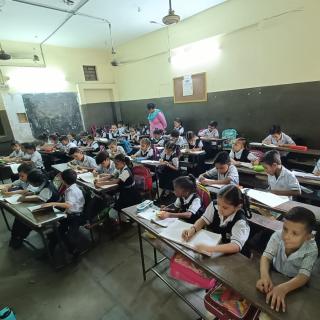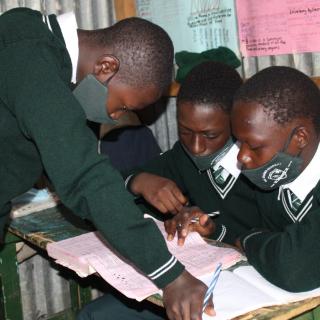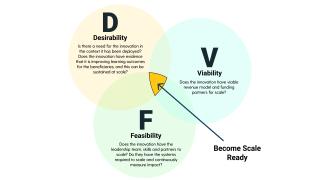
About the Toolkit
The Impact at Scale Labs programme provided GSF with insights into the successes and challenges of scaling solutions. This Toolkit captures some of these learnings, offering valuable insights and practical tools to improve your solution towards scale, whether you are assessing the potential of a new project or evaluating the scalability of a consolidated one.
At the heart of the Toolkit lies the Desirability, Viability, Feasibility (DVF) tool, serving as the foundational framework for assessing the key elements propelling solution readiness for scaling. Each tool within the toolkit is intricately linked to the pillars of DVF, providing actionable methodologies to scrutinize and enhance priorities, thereby ensuring a holistic approach to scaling initiatives. The Toolkit also presents real-world cases designed to inspire and inform scaling strategies. These practical instances spotlight the application of our tools and the DVF methodology across diverse settings.
We are consistently enhancing our suite of tools. Your feedback is highly valued as it contributes significantly to our ongoing refinement process. Please feel free to share your input here.
Join us in this journey towards impactful scaling. Let us grow together.
HOW TO EXPLORE THESE RESOURCES
Embark on your own Impact at Scale journey with clarity and strategy, leveraging the DVF Framework and our Toolkit to navigate the path ahead effectively.
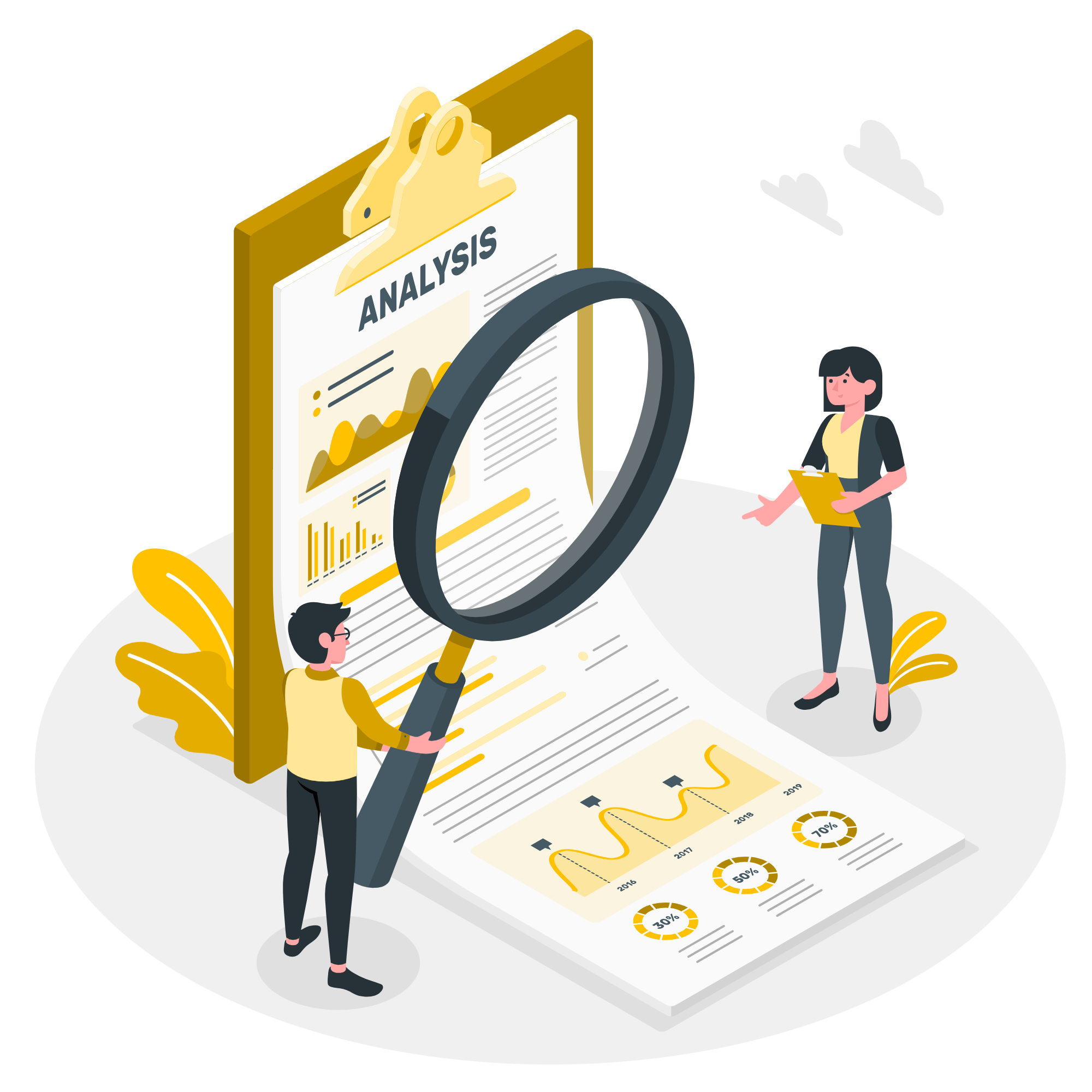
Step 1: Reflect with the DVF Assessment
Kickstart your journey with the DVF Assessment to pinpoint your challenges and opportunities as you start your journey. Pause to absorb the insights from the assessment, aligning them with your organisational goals and team members and identifying pivotal next steps.

Step 2: CHOOSE YOUR TOOLS
Explore and prioritize tools that resonate with your challenges and opportunities, ensuring alignment with your strategic objectives.

STEP 3: GAIN INSIGHTS AND INSPIRATION
Glean practical insights and inspiration from real-world scaling scenarios, enhancing your strategic approach.
All Tools
Desirability > Problem-Solution fit
A tool to define and deepen the understanding of the problem your solution addresses, increasing clarity and intentionality.
Desirability > Problem-Solution fit
It helps us understand our goals, plan our actions, communicate our change, and evaluate our impact.
Desirability > Value and positioning in competitive landscape; relative advantage.
A competitive analysis can help you articulate your unique value proposition - what makes your organisation stand out in terms of your approach, your programme etc.
Viability > General financial sustainability
It helps to identify primary direct and indirect expenses in an early-stage project, preparing your team to test the underlying assumptions behind them.
Viability > Sustainability of innovation
It helps reflect on who will replicate your proven model at scale, who will fund it, and create a map of key assumptions to test to refine your strategy.
Feasibility > Data Maturity
A comprehensive plan that helps ensure that your project is performing effectively and offers the tools to adjust your course based on the insights you gain.
Feasibility > Scale Partnerships (Operations)
Help your team understand who the stakeholders for a project are, their key characteristics, and how to engage them effectively.
In depth Interviews
Get inspired by GSF member organisations reflecting on their scale-readiness using the DVF lens, sharing best practices and learnings from their journey.
Kidogo's mission is to improve access to quality, affordable Early Childhood Care, and Education in East Africa's low-income communities. They do so by identifying, training, and supporting female entrepreneurs (Mamapreneurs) to start or grow their own childcare micro-businesses in their local communities.
Labhya is a visionary nonprofit that has pioneered the well-being movement in India. They are dedicated to institutionalizing programs that improve the quality of education and wellbeing for children. Labhya currently impacts 2.4 million vulnerable children enabling them to tackle poverty and become effective learners.
Rising innovates through low-cost private schools they own and operate themselves, then taking these learnings and working with governments and other partners to improve the quality of their schools at scale. Rising is one of the fastest growing quality-focused education companies in Africa, and a Certified B Corp®.
Case Studies
Read case studies from the Impact at Scale Labs organisations discussing various components of the scaling process of education solutions, gaining specific insights into the tools we use and how to implement them in different contexts.
15 August 2023
Gyan Shala
Desirability > Problem-Solution fit
20 November 2023
Sabre Education
Feasibility > Scale Partnerships (Operations)
20 November 2023
Dignitas
Desirability > Problem-Solution fit
20 November 2023
Gyan Shala
Viability > General financial sustainability
20 November 2023
Sabre Education
Desirability > Credibility of the innovation
10 January 2024
Sabre Education
Desirability > Problem-Solution fit
18 March 2024
Dignitas
Desirability > Problem-Solution fit
18 March 2024
Sabre Education
Desirability > Problem-Solution fit
14 May 2024
Dignitas
Viability > Sustainability of the innovation
7 July 2024
Dignitas
Desirability > Channels to deliver solution
26 September 2024
Gyan Shala
Viability > Sustainability of the innovation
30 September 2024
Dignitas
Viability > Sustainability of the innovation
Got feedback or insights about the Impact at Scale Toolkit and Case Studies? We are happy to hear from you.
Feedback from the Labs’ Participants
Sabre Education
"The Lab’s DVF framework has been very helpful in providing structure and planning for Sabre as we develop our work with low-fee private schools (LFPS) in Ghana. The DVF framework gives us a pathway to understand the market and viability in terms of low-fee private schools."
Dignitas
“In many ways, I feel like the DVF framework is the golden indicator of the Labs! If we can tick all the desirability, feasibility and viability ‘boxes’, we can indeed ensure our innovation is impactful at scale. The Impact at Scale Labs journey is a journey towards ticking those boxes. Each exercise, each engagement, each coaching session is essentially another step towards understanding our desirability, feasibility and viability, identifying the gaps therein, and designing solutions to help address those gaps."
Gyan Shala
"In the last year, GSF has helped Gyan Shala to constantly step back and evaluate the APS program based on new MEL data and learnings. This has helped Gyan Shala develop a more effective business model, a more accurate financial model, and has helped the organisation take strategically more sound decisions for its APS program."

